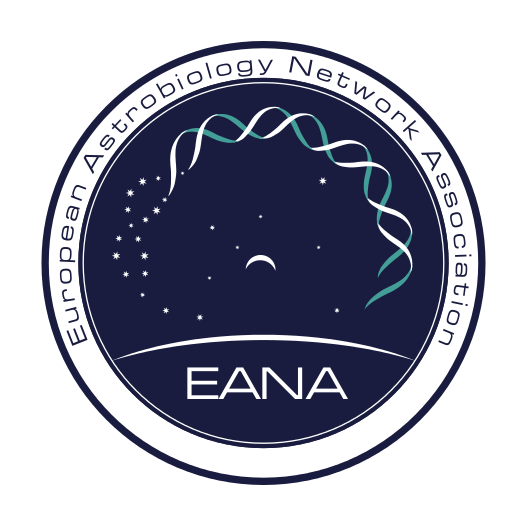 |
Abstract EANA2025-87 |

|
Adaptive Changes in Spaceflight: Preparing for Life Beyond Earth
As we prepare for upcoming missions to the Moon and Mars, our understanding of health risks associated with spaceflight remains incomplete. The prospect of long-term, lifelong, and even multigenerational space exploration presents biological challenges that are still largely unknown. Moreover, the direction of adaptive changes triggered by extended exposure to spaceflight conditions remains unknown. However, evolutionary biology has been using experimental tools to investigate adaptations to challenging environments in model organisms for decades. Therefore, investigating phenotypic and genotypic adaptations to spaceflight conditions can help answer key questions in space biology and astrobiology. Bioenergetics is a central mechanism underlying ecological, physiological, and evolutionary processes, including adaptations to extreme environments. We aim to apply experimental evolution approach to study bioenergetic processes such as mitochondrial respiration under simulated spaceflight conditions. This approach allows to investigate how organisms adjust their energy metabolism in response to physiological stress of spaceflight. By simulating evolutionary changes in terrestrial organisms, we hope to anticipate the direction of future adaptive changes in the space environment and gain insights into how life might evolve beyond Earth.
